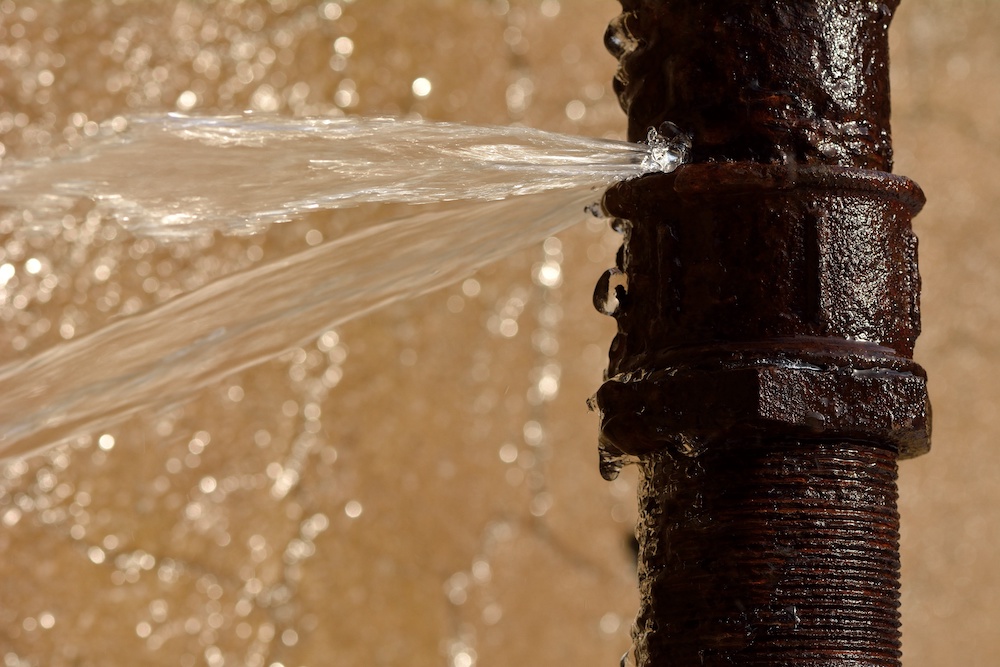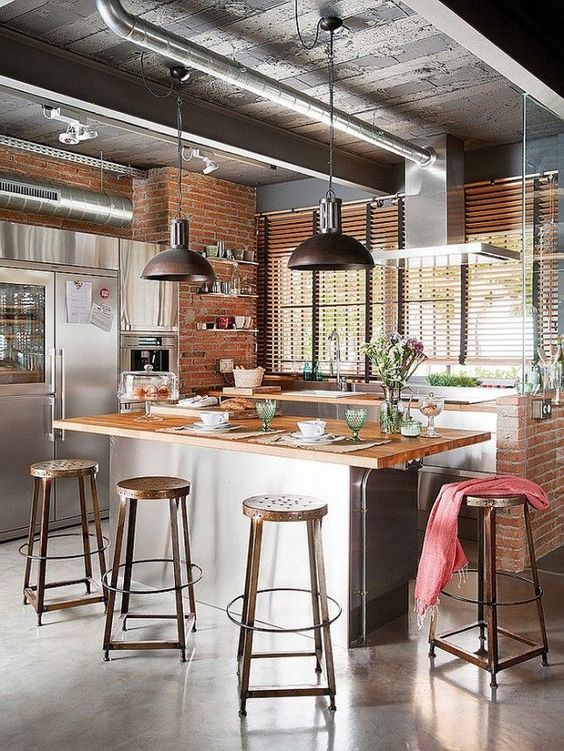6 Signs It’s Time To Replace Your Pipes
Are you having problems using water? Does it provide you with less water supply every time you use it? If they are only a couple of years old, you might only need to repair them. But, if they have been serving your household needs for more than 20 years now, then you might need to replace them.
A fully-functioning pipe system works by providing a cleaner and safer water supply, which you can use for drinking and doing household chores. Also, it is responsible for helping you drain your wastewater without a fuss. Additionally, a faulty plumbing system will not only affect your home, but also the people you’re with.

That’s why it is essential for every homeowner to maintain and secure their plumbing system, and every problem that may occur should be reported immediately. But how would you know if your pipes need replacement? Here are the common signs that says it’s time to replace your pipes:
Kitec Pipeline Problems
How will you know that your pipes are Kitec? Kitec pipes are usually bright orange or bright blue and have a ‘KITEC’ or ‘KTC’ stamp on them. However, many colors have been introduced, such as black, gray, and red. So, the only way to identify them is through the stamp on the pipe itself. But why you should replace Kitec plumbing?
Kitec pipes were introduced somewhere between the 90s to 2007 as an alternative to copper pipes. However, experts soon found out that Kitec can corrode much faster than copper, releasing possible harmful substances. These substances may result in water-borne diseases and could be fatal in most severe cases.
Furthermore, the most common problems found in Kitec pipes are leakages, bursting, and blockages. Unfortunately, if you delay in resolving these issues, it may result in greater problems such as, costly repairs, pipe deterioration, or breakages. To prevent these from occurring, the best course of action is to replace them with copper or PEX (short term for cross-linked polyethylene) pipes.

Clogged Pipes
Clogged pipes usually occur when your wastewater doesn’t drain quickly. Clogs may be easy to address most of the time. However, if it occurs consistently and becomes a problematic and severe case, you may want to have it checked by a professional plumber and see what problems may have caused it.
In most severe cases, the reason why you have clogged pipes is due to blockages of the piping material itself. A blockage may have formed due to the increasing amounts of sediments caused by corrosion.
However, whatever the causes are, you have to act immediately to prevent serious damages. Your plumber may advise you to have your pipes repaired if the cause is only a minor clog, but if the problems are severe, then you might need to replace the pipes.
Water Discoloration
This is an obvious sign that tells you that you need to replace your pipes as soon as possible. Discolored water is not safe for consumption, and is also not suitable for doing other household chores, such as cleaning and washing. This is maybe the result of internal pipe corrosion and blockages mixed with water.
It is unsafe because these corrosions can come from the type of material your pipes are made of, including copper. Furthermore, water discoloration could be a symptom of impending pipe bursts and breakages. Therefore, you need to act quickly and have your pipes replaced as soon as possible.
External Corrosions
Since most of your pipelines are buried beneath your home’s surface or are within your walls, it would be difficult to see if your pipes are corroding. The best way to see this is by checking the pipes that are exposed, like your basement pipes.
If these exposed pipelines are corroded, there’s a great chance that other pipes within the wall and underground have also been damaged. Additionally, if you notice some flaking, discolorations, external bumps, and dimpling, you may want to call for plumbing services and ask for pipe replacements.
Old Pipelines
Like your everyday appliances, pipes also have life expectancy. The lifespan of your pipes may vary depending on the material used. For example, galvanized steel, brass, and iron pipes may last up to 75 to 100 years. On the other hand, copper pipes may last for 75 years. Among all these types of pipes, PVC pipes have the shortest lifespan, which is 40 years. This would depend on how well you maintain them.
Furthermore, if you’re not sure about the age of your pipes, you may ask for professional support to check and evaluate them. They can give you an approximate age and may help determine if you need to replace your pipes or not.
Consistent Pipe Leakages
Leakages may be the most common issue most homeowners encounter. However, like other pipe issues mentioned above, pipe leakages may also be a symptom of more complicated and severe problems, such as blockages or possible pipe bursts. If you notice discoloration on your walls, ceilings, or nearby fixtures, it could be a sign that one of your pipes is leaking.
If you observe that your pipes are frequently leaking, the best course of action you need to do is to call a professional plumber and have them replace your damaged pipes. On the other hand, small leaks may be repaired by applying special patches.
Final Words
Pipes are essential in maintaining a constant water supply. They are responsible for providing everyone with clean and safe water, necessary for consumption and other household chores. That’s why it is only important to make sure that your pipes are properly maintained and secured, and any problems, small or big, should be addressed immediately.
If you have experienced pipe issues like leaks, blockages, and more, call professional plumbing services immediately to prevent other serious cases from happening. If you fail to report this immediately, you may suffer paying for costly repairs which you would want to avoid. So, don’t think twice and call someone for help.






